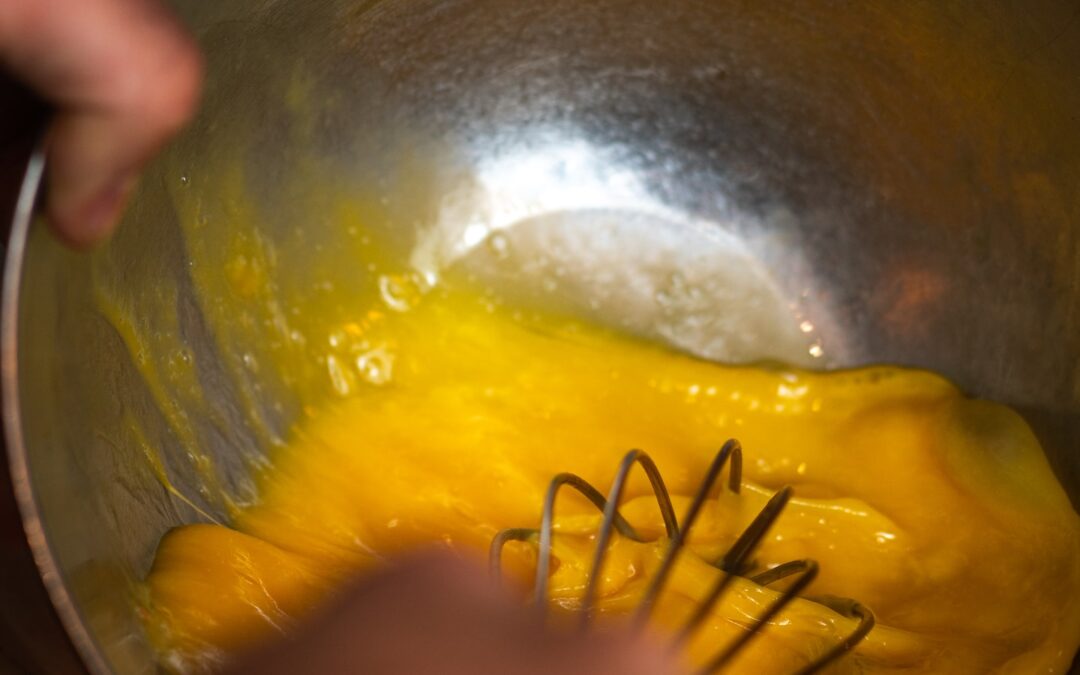Beat the Bloodsuckers with Reliable Mosquito Protection
Long summer nights should be spent under the stars, not swatting away mosquitoes! With the right protection, you can keep the bloodsuckers at bay and make summertime outdoor activities comfortable and enjoyable. Whether you’re planning outdoor dinner parties, camping trips, or spending long days at the beach, there are several reliable mosquito protection strategies that you can use. Below is a comprehensive outline of the effective ways to beat the bloodsuckers this summer.
Identifying High-Risk Mosquito Areas
Check for Local Warnings
Before heading outdoors, make sure to check for local warnings of mosquitoes and other insect populations. Local health departments, travel advisories and the Centers for Disease Control and Prevention are good sources of information. Pay special attention to stagnant water sources and shaded areas where mosquitos can breed.
Understand Your Area
Knowing your area’s climate and vegetation can help to identify potential high-risk mosquito areas. Regions with warm, wet climates, such as tropical rainforests and wetlands, are typically more prone to mosquito infestations. Additionally, tall plants, shrubs and blocked-off areas can provide shade and moisture, helping to draw mosquitos in.
Look for Mosquito Breeding Sites
Any standing water sources are potential breeding grounds for mosquitoes. Stagnant water sources such as ponds, flooded fields or even pet dishes can attract a high concentration of mosquitoes. Understanding the common regions for mosquito breeding can help plan your outdoor activities accordingly.
Preparation for Outdoor Activities
Cover Your Skin
Covering your skin is one of the best defenses against mosquito bites. Wear light long-sleeve shirts, long pants and closed shoes to prevent skin exposure. Additionally, wearing light colors helps to keep your body temperature cooler and makes it harder for female mosquitos to spot you.
Wear Repellent
Insect repellent can help keep mosquitoes at bay. Repellents should be applied either directly to skin or clothing. Natural repellents such as lemon eucalyptus oil, cajeput oil, geranium oil, mint oil, and lavender oil may be applied directly to the skin. Additionally, products containing DEET or picaridin can be used for even more protection against these pests.
Set Up Camp in Mosquito-Safe Zones
As you set up camp or plan outdoor events, it’s important to avoid attractive mosquito zones. Pitch tents in dry, well-ventilated areas and clear away any standing water. If possible, try to leave a few feet in between tents and sleeping bags to reduce exposed skin.
Protection While Outdoors
Eliminate Breeding Sites
Swatting away or killing mosquitoes is not enough to keep them at bay. To protect yourself, any standing water should be immediately drained and cover sources of water if possible. Additionally, any areas with excess vegetation should be cleared away.
Light Your Fire Away From Mosquitos
Mosquitos can be especially attracted to light sources at night. Make sure to set up any fires away from tents and sleeping bags. Additionally, you can use insect-repelling citronella candles or tiki torches to create a 20-foot barrier between your camp and the pests.
Use netting to Reduce Exposure
Keeping mosquitos away from your skin is essential during outdoor activities. Set up bug nets around beds, tents, and other sleeping areas to reduce the chance of exposure. Additionally, set up overhead netting around outdoor party areas.
People Also Ask
What is the best insect repellent?
The best insect repellent generally contains either DEET or picaridin as active ingredients. DEET has been used globally for over 50 years, while picaridin also provides excellent protection against mosquitoes and other flies.
What is the most effective way to prevent mosquito bites?
Covering exposed skin is the most effective way to prevent mosquito bites. Wear long sleeve shirts, long pants, and closed shoes to reduce exposed skin. Also use insect repellent with DEET or picaridin as active ingredients for even more protection.
How long does DEET last?
DEET is highly effective, but it typically only lasts for around 2 to 5 hours, depending on the formulation and concentration. Reapply DEET insect repellent accordingly.
Do mosquitos carry diseases?
Yes, certain species of mosquitos can carry and transmit illnesses, such as malaria and west nile virus, to humans and animals. It’s important to stay up-to-date with local health advisories and take the necessary measures to protect against mosquitos.
Final Words
Fending off mosquitos doesn’t have to be complicated or expensive. With a few precautionary measures such as covering skin and repelling agents, you can keep these pests at bay and enjoy the summer outdoors without worry. Whether you’re going camping, enjoying a picnic or hosting a party, a few simple strategies are all it takes to keep mosquitoes away.

